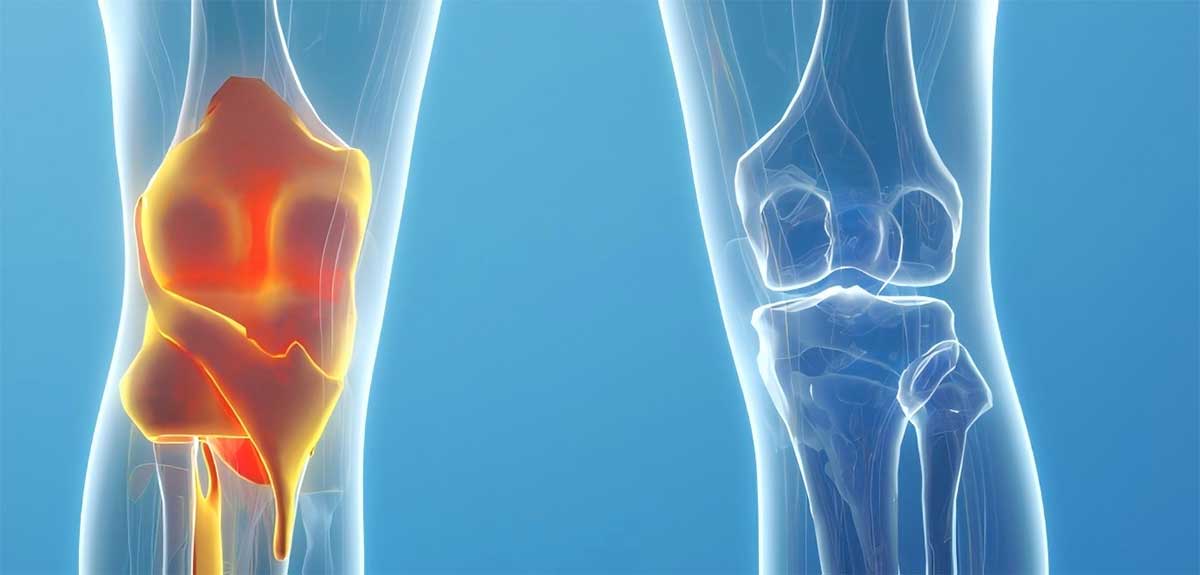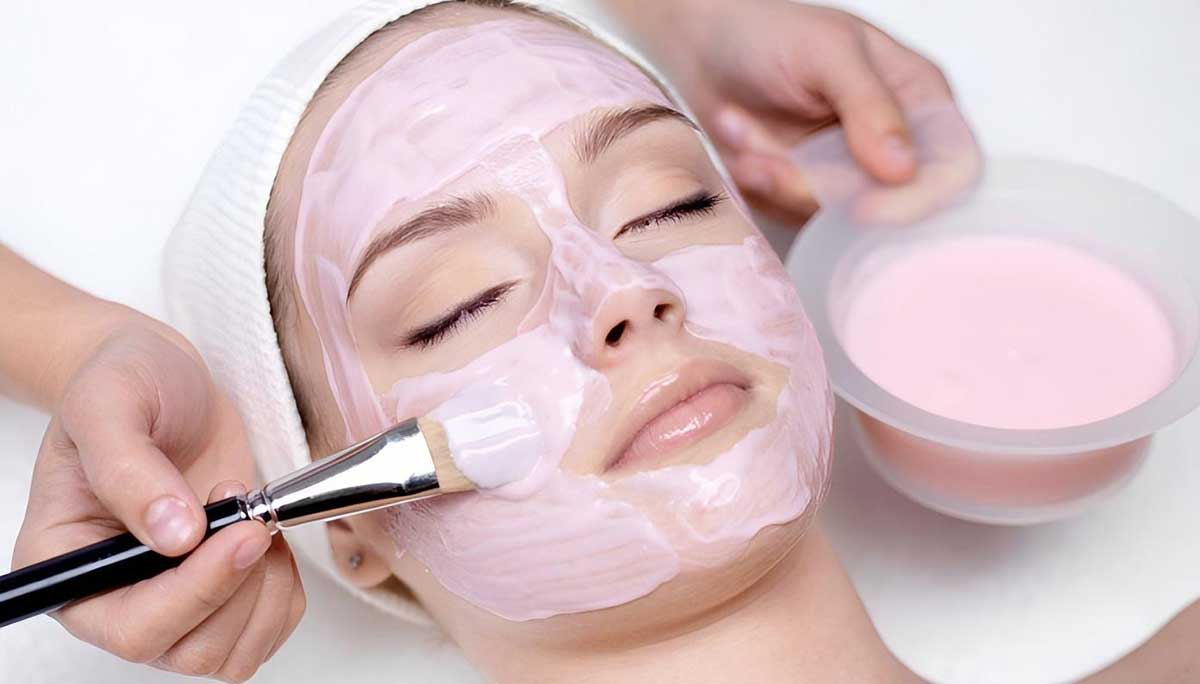Sodium hyaluronate CAS 9067-32-7, also commonly known as sodium hyaluronate, is a high molecular mucopolysaccharide composed of N-acetylglucosamine and glucuronic acid. It has strong hydrophilicity and lubrication, and plays an important physiological function in the human body.
Sodium hyaluronate is a polysaccharide, also known as the sodium salt form of hyaluronic acid. It is distributed in human skin, synovial fluid, umbilical cord, aqueous humor, and vitreous body of the eye. It is a physiologically active substance in animals and humans.
In the human body, sodium hyaluronate is widely distributed in many parts. In the skin, it helps to maintain the moisture of the skin and reduce the appearance of dryness and wrinkles; in the synovial fluid of the joints, it enhances the viscosity and lubrication function of the joint fluid and reduces the wear of the joints; in the vitreous body and aqueous humor of the eye, it protects and lubricates the eyes.
Sodium hyaluronate is not only a physiologically active substance of the human body itself, but also has a wide range of clinical applications. Its eye injection is an auxiliary drug for ophthalmic surgery and can be used as a temporary substitute for aqueous humor and vitreous body during surgery; intra-articular injection is used for deformed knee joint disease and periarthritis of shoulder; eye drops are used for dry eyes. At the same time, sodium hyaluronate is also widely used in cosmetics and skin care products, using its moisturizing and repairing effects to improve the condition of the skin.
Effects of sodium hyaluronate
Moisturizing: Sodium hyaluronate has extremely strong water absorption and water lock ability, and can form a moisturizing film on the surface of the skin or mucous membrane. It is a recognized natural moisturizing factor and is widely used in skin care products. It can effectively lock moisture, increase local moisture content, and improve problems such as dry skin and dehydration.
Nutrition: As a biological substance inherent in the skin, exogenous sodium hyaluronate can penetrate into the epidermis of the skin, promote the supply of skin nutrition and the excretion of waste, prevent skin aging, and play a role in beauty and beauty.
Repair: Sodium hyaluronate promotes the healing of skin damage by promoting the proliferation and differentiation of epidermal cells and accelerating the regeneration of epidermal cells. At the same time, it can also repair the barrier function of the skin and protect the skin from the external environment.
Lubrication and film-forming properties: Sodium hyaluronate is a high molecular polymer with strong lubricity and film-forming properties. When applied to the skin, it can form a smooth film, which not only feels good, but also protects the skin.
Medical applications: In the medical field, sodium hyaluronate is used to treat inflammatory diseases such as arthritis and stomatitis to relieve patients’ pain and discomfort. In ophthalmic surgery, it can be used as a temporary substitute for aqueous humor and vitreous body during surgery to protect the cornea and other eye structures. In addition, sodium hyaluronate can also be used as a supplement in the joint cavity to relieve joint pain and stiffness.
Unilong is a professional sodium hyaluronate manufacturer with guaranteed quality, fast delivery and inventory. Please contact us for a quote.
Post time: Dec-06-2024



